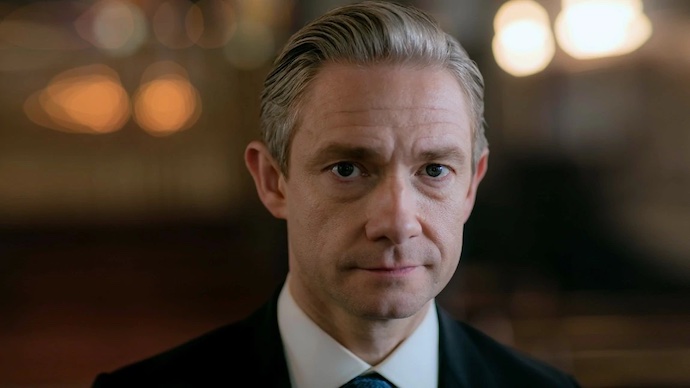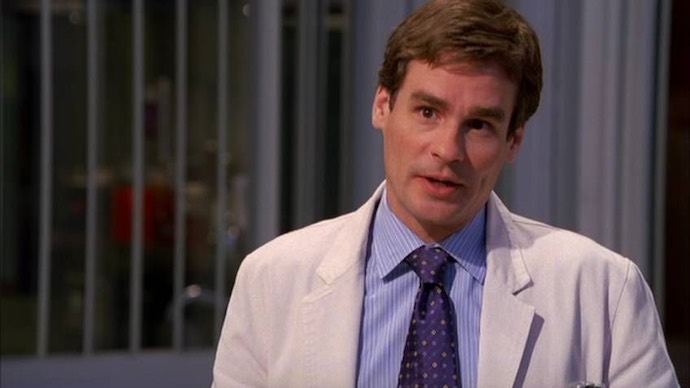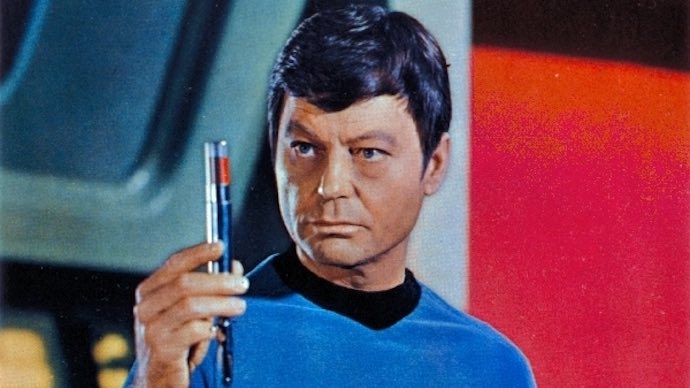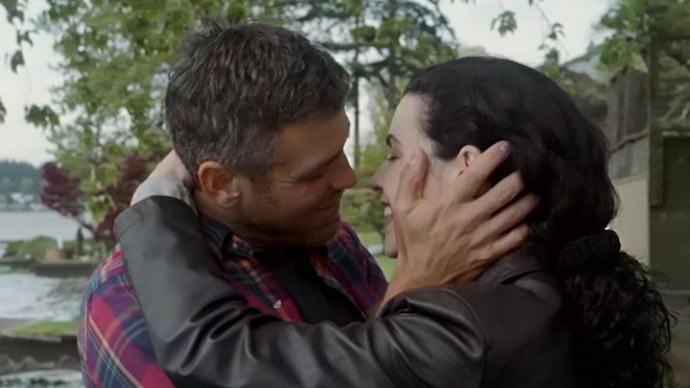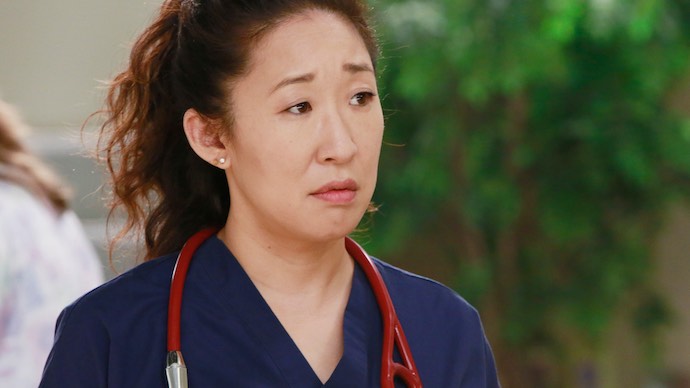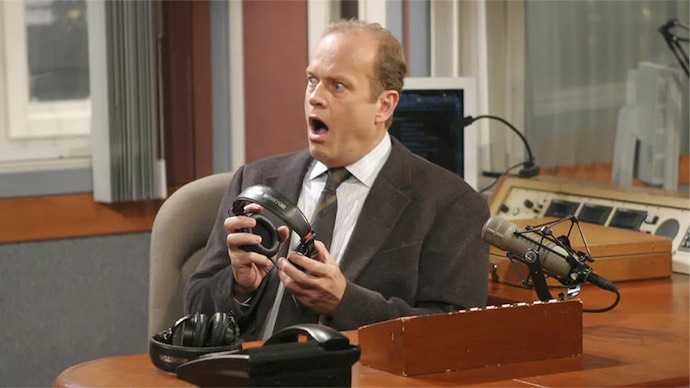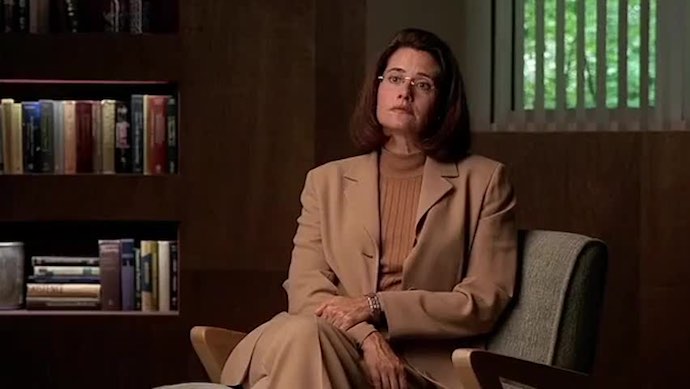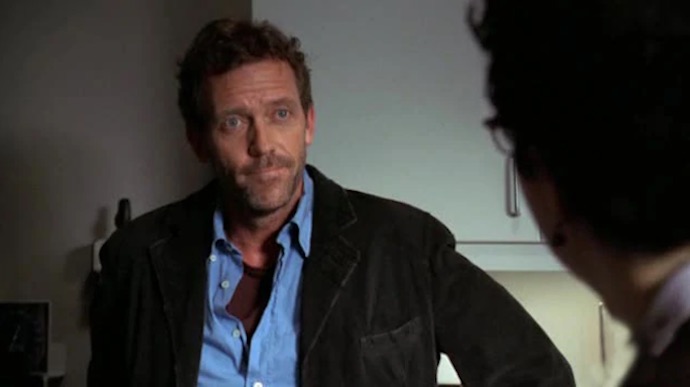There’s something unique about doctors and the social contract they have with the average person, resulting in implicit trust. That trust is one reason why doctors on TV can be so fascinating. We may not understand every word of medical jargon uttered. Sometimes, there’s no telling what the prognosis is or why the diagnosis makes sense. But it’s gripping all the same, especially as we watch a medical team race against time to stop a patient from dying. Whether set in modern times, frontier times, or space, watching a great doctor do their best work against an ever-ticking clock is a situation that has entertained audiences for decades. Who are the best TV doctors, the ones who can reliably get results in the face of seemingly impossible symptoms? Here are our picks for the best TV doctors and what make them so great.
8. John Watson (Sherlock)
A series that later became erratic in its delivery and sensibilities, Sherlock was a modern retelling of the famed detective Sherlock Holmes and resident of 221b Baker Street, London. Martin Freeman’s Watson often treated other characters who got injured during the show as the pair got themselves into situations that ended up in others getting hurt. On Sherlock, Watson’s dynamic with Holmes is what makes him unlike any other TV doctor in history. The BBC adaptation of Sherlock made Watson into a war veteran who had served in Iraq. He was wonderfully brought to life by Martin Freeman, who gave the character a tinge of the classic iteration from the novels while forging his own ground as a respected doctor and budding detective.
7. James Wilson (House)
The relationship between Dr. Gregory House and Dr. James Wilson was heavily inspired on the classic pairing of Sherlock Holmes and John Watson, with Wilson being Watson. While House was indifferent to most things, Wilson was the only person in the entire series that House ever wanted to know and be known by. Furthermore, Wilson’s skills as doctor elicited respect from House—such that House would even consult him on difficult cases. Wilson was the lens through which the audience understood House. He was far more socially normal than the eponymous doctor, and his role in the series eventually led House to choose Wilson over his medical career.
6. Bones (Star Trek)
Through all the versions of Star Trek, there has only ever been one man that Captain James T. Kirk trusted more than his own instinct, and that was Leonard “Bones” McCoy. The chief medical officer aboard the Starship Enterprise never faltered in being a genius doctor when the occasion called upon him, as well as the moral compass to his friend Captain Kirk. The relationship between McCoy, Kirk, and Spock remains one of the best three-way friendships in television history, as their shifts in dynamic largely controlled the fate of the Enterprise.
5. Doug Ross (ER)
A complex and often self-serving pediatrician, Dr. Doug Ross was one of the finest doctors in ER during the initial run of the series, up until George Clooney left the show to pursue a movie career. Clooney gave Ross a sharp personality while embuing him with a charm that could only come from a person who genuinely cared about his patients. He changed along the way, becoming a less womanizing and more understanding man, without sacrificing his moral fortitude. Doug’s relationship with Carol Hathaway is one of TV’s most intriguing romances. And though it appears that they won’t get their happy ending when he leaves Cook County, they both return for a one-off episode and are seen happy together with their daughters.
4. Cristina Yang (Grey’s Anatomy)
It’s rare to see a side character who can overshadow the main character to a significant degree, but that’s just what Cristina Yang did on Grey’s Anatomy. She had a driven attitude to succeed, and in many ways feels like a female version of Gregory House. Unquestionably talented—and without any sense of bedside manner—Cristina is a competitor. She wills herself to be the best at what she does and doesn’t shy away from challenges, even when a patient’s surgery is as complex as it can be. That said, she does have a softer side and is Grey’s best friend through her time on the series. And even after Sandra Oh departed the show, Yang is still present in some messages and letters sent to Meredith.
3. Frasier Crane (Frasier, Cheers)
On Cheers, Frasier Crane was the guy who sat at the bar and used his skills as a psychiatrist to diagnose the personalities of those around him. And while he was initially hated for his role in dating Diane, Frasier remained a part of the show after they broke up. On Frasier, he was the main character living in Seattle with his father, Marty. The series looked at his relationships with his brother and father, transforming Frasier from a psychiatrist to a psychotherapist come radio show host. Frasier himself was always a witty man, with plenty to say and a good heart to go with it. Furthermore, he’s one of the few characters on TV who’s truly intelligent yet likable at the same time. In February 2021, Paramount announced that Kelsey Grammer would reprise his role in an upcoming reboot of Frasier for Paramount Plus.
2. Jennifer Melfi (The Sopranos)
How does one diagnose and treat a mob boss? Well, Dr. Jennifer Melfi had to navigate that exact path when Tony Soprano came to her and sought advice for his fainting problem. She’s one of television’s best doctors, one who used all of her abilities to attempt to stay away from Tony’s lifestyle and treat the man that sat before her—even though that man was prone to moments of shocking anger and violence, even sometimes towards her. When Melfi was raped during the third season, her personality and core sense of self were rocked to their foundations. She wished to tell Tony about it so that he would make a response to the rapist responsible. However, as she had Tony sitting before her, she came within a tear of telling him why she was crying, yet her better judgment as a doctor stopped her, and she refused to get involved with Tony on that level.
1. Gregory House (House)
In the history of television doctors, none have proved as magnetic as Dr. Gregory House. His intelligence about everything and his attitude toward everyone around him gave him an edge that other doctors didn’t have. The character is based upon Sherlock Holmes to a large degree, with House’s puzzle-solving skills being the sole reason why he treats patients—because he really has little interest in his patients as people. However, this screen that House puts up is sometimes shattered by loss, especially when House’s worldview is challenged by a patient. For example, when helping a woman who has to have her leg amputated because a building collapsed on her, she dies in transit to the hospital due to a fat embolism, leading to House shouting at Foreman for trying to tell House that it wasn’t his fault. Hugh Laurie’s performance as House is one of TV’s most fascinating character studies. And if there’s a single fictional doctor anybody would wish to diagnose their medical condition, it would be Gregory House. Read next: The most underrated geeky TV shows

